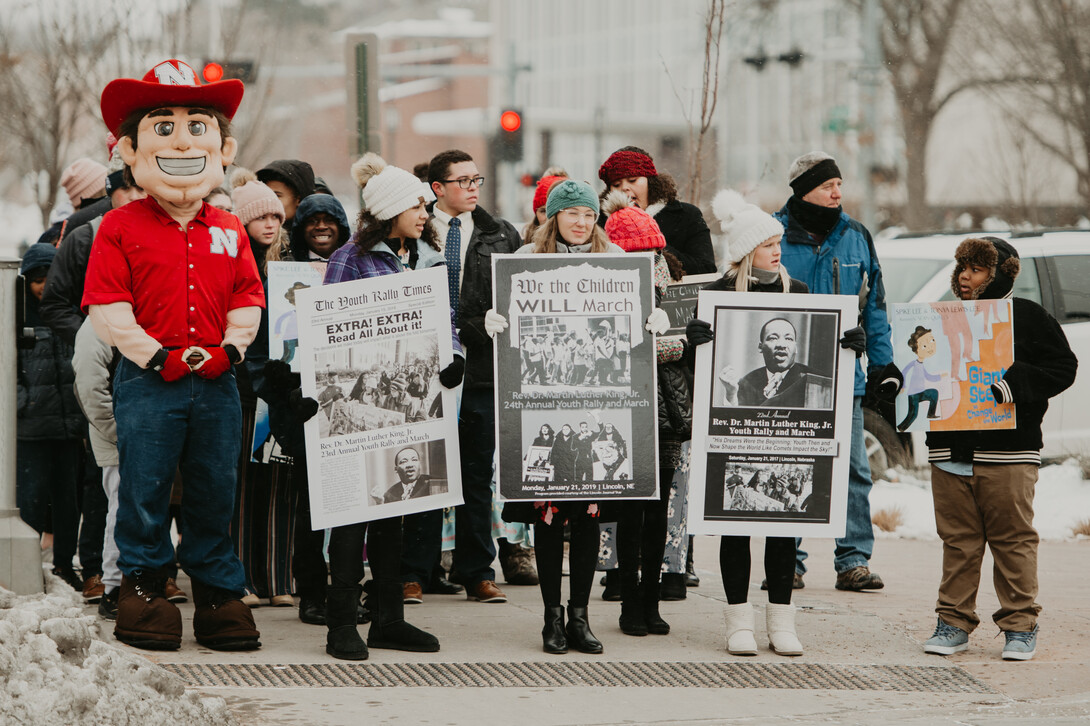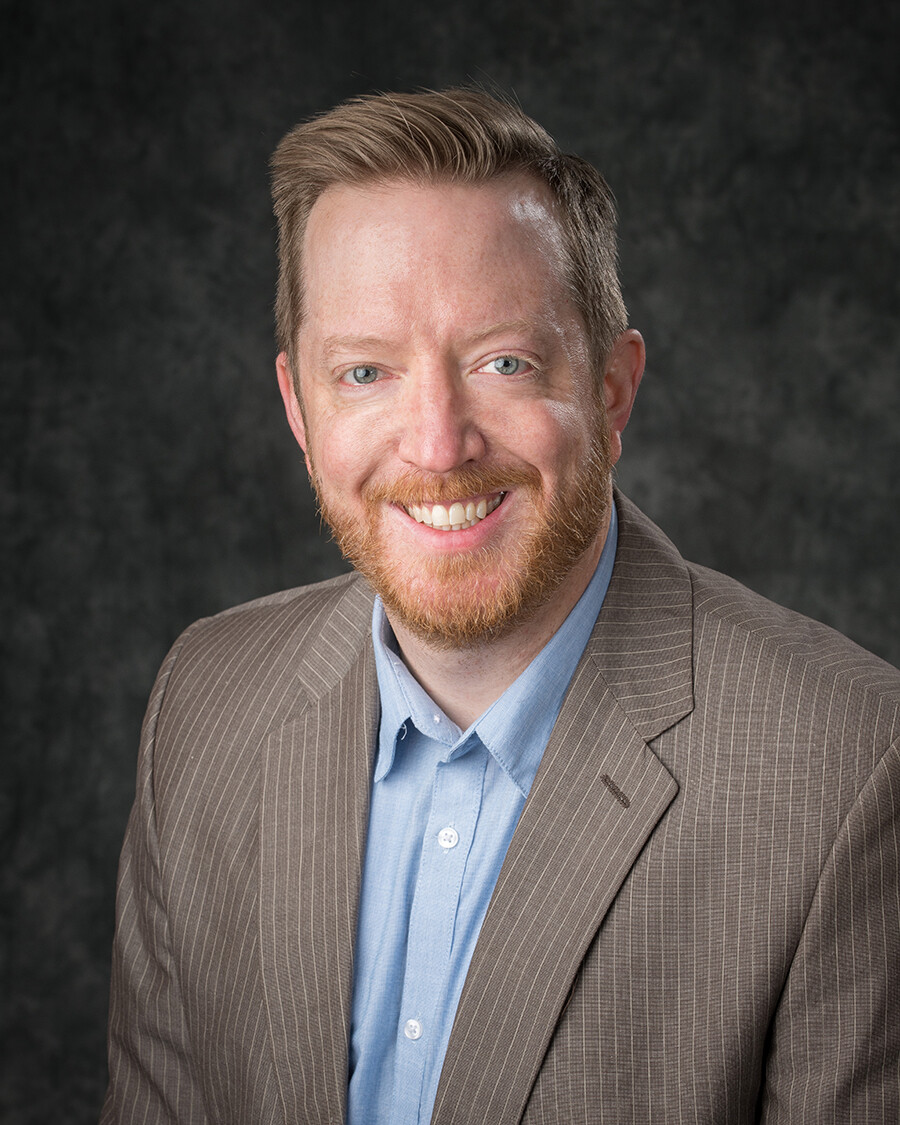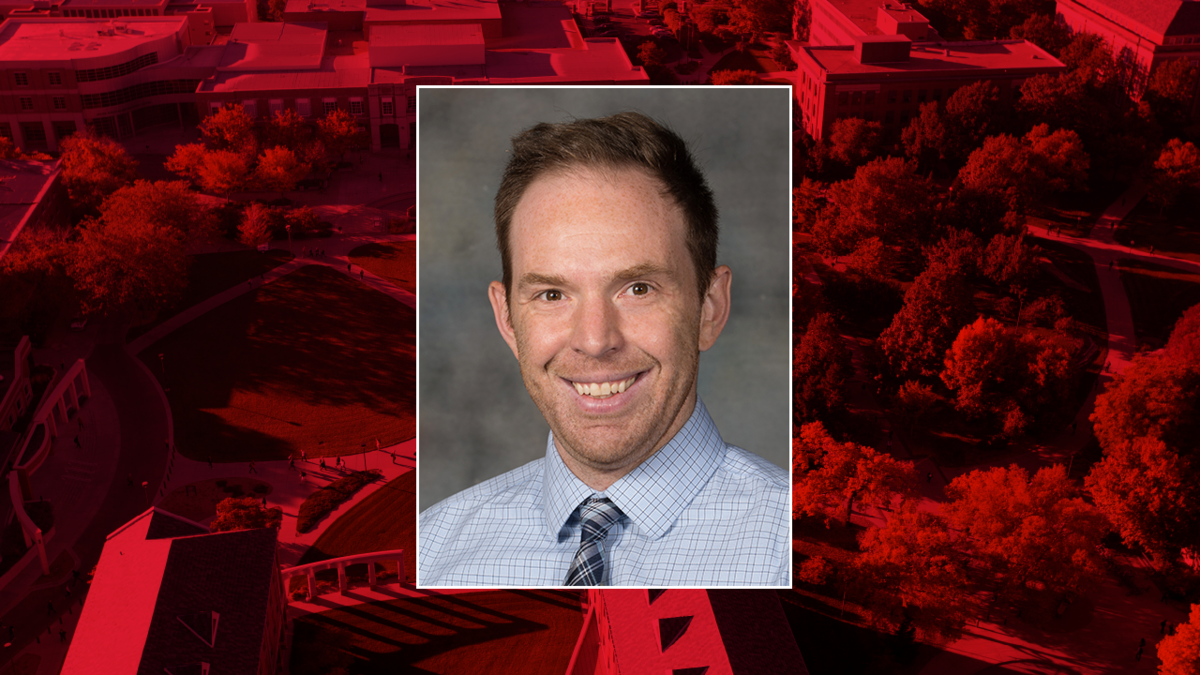
Living in a democracy requires debate. The exchange of ideas is central to building consensus and finding middle ground on issues large and small.
But what happens when the discourse becomes toxic? Whether in formal debate or informal discussion with peers, University of Nebraska-Lincoln experts said following a few parameters can keep discourse civil.
Don’t look at televised political debates or punditry as examples of good discourse, said speech and debate director Aaron Duncan. The rushed formats, gotcha questions and personal attacks typical of current contests are antithetical to true debate.
“What we often see is two people shouting at or over each other,” Duncan, associate professor of practice in communication studies, said. “You need equal time, and enough time, that people can actually answer questions and get into details and share research.”
The first step to a civil debate is to come into the discussion with respect for the sparring partner and a commitment to stay on topic.

“We can recognize that ideas have merit, whether or not we agree with them, rather than making everything so personal. I think often, we view a disagreement as an attack on ourselves, rather than attack or disagreement about an idea.”
It’s also important to keep an open mind when having a discussion.
“There’s a strong tendency to believe we’re 100% right, and there’s 0% validity on the other side,” Duncan said. “And of course, when you begin with that perspective, valuing and respecting the opposition and letting them speak becomes impossible.”

“Society in general is dealing with this, and we’ve seen it as an issue that all college campuses are dealing with.” Swearer said.
Swearer applauded Husker students for launching the Peace and Civility campaign on campus.
“I think the initiative is really terrific,” Swearer said. “It’s a reminder that we can agree to disagree without becoming uncivil or hurling insults. Certainly, that’s the purpose of education – to challenge one’s thinking and understand that the world is a big place with a lot of different viewpoints.
“We’ve really gotten away from Socratic questioning and argument construction. We’ve devolved into hurling insults, which is not debating, and it’s not furthering our knowledge or the conversation.”
But, as Swearer pointed out, being a citizen in a civil society doesn’t mean being quiet or polite and letting indiscretions pass.
“I think it’s not only important to police ourselves, or look at our own behaviors, but also when we see hurtful behaviors, we need to call it out,” Swearer said.
Duncan agreed, adding that the United States of America has been shaped by civil disobedience.
“Our society was founded on a robust clash of ideas. It’s not chaos or violence,” he said. “But it is still disobedience, right? It is civil in the way that is done. If we look at Martin Luther King Jr. or Mahatma Gandhi or anybody like that, they’re clearly expressing disagreement, but they’re not doing it in aggressive ways. They’re doing it in ways that demonstrate fundamental core human values.”
Additional resources and information on civil discourse are available through both the Office of the Executive Vice Chancellor and the Office of Academic Success and Intercultural Services in Student Affairs. Workshops for faculty and student groups can be also requested.







